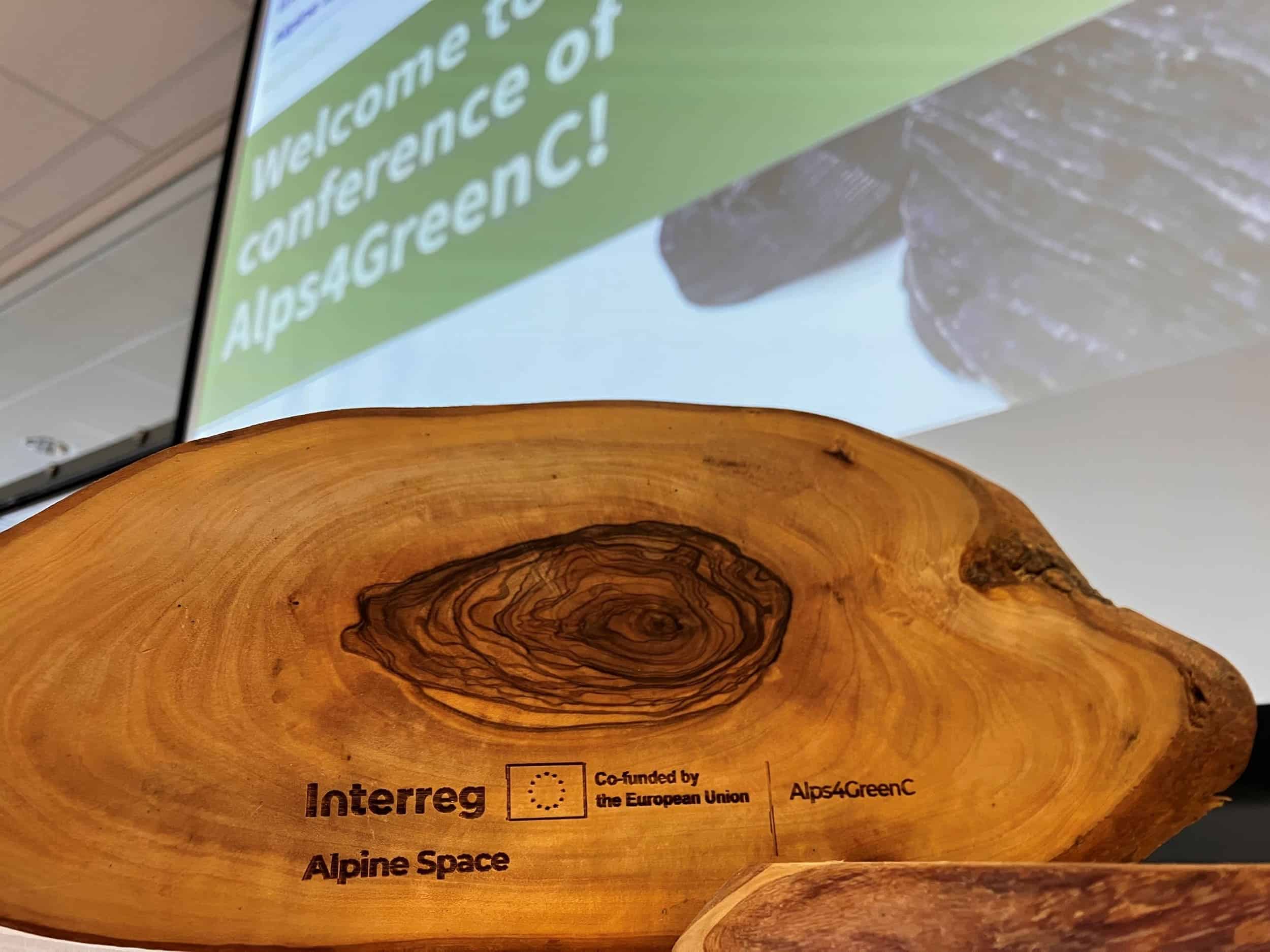Alps4GreenC, an Interreg Project aimed at promoting sustainable utilization of green carbon, has made significant strides in its efforts to convert biomass residues into biochar, thereby reducing environmental impact and fostering a circular economy.
Crowd Sourcing Campaign: From December 2022 to February 2023, Alps4GreenC conducted a successful crowdsourcing campaign across Austria, Slovenia, and Italy. This campaign garnered interest from 22 companies spanning various sectors, leading to the selection of 10 residues for characterization and subsequent biochar production via pyrolysis or gasification. Stakeholders deepened their understanding of thermochemical processes, paving the way for potential valorization strategies for their residues.
Mapping Stakeholders & Resources: Alps4GreenC developed an interactive map (accessible via https://bit.ly/Alps4GreenC_Interactive_Map) to categorize economic activities related to biomass residue supply chains across Europe. This comprehensive methodology utilized statistical data from Eurostat to identify and weigh relevant companies and economic activities. Stakeholders in the supply chain were recognized, facilitating the classification of economic activities at national and regional levels.
Practical Testing and Pilot Production of Green Carbon: Ten biomass residues from various industries underwent thermochemical conversion into biochar via gasification and pyrolysis. Detailed analyses confirmed the suitability of these biochars for sustainable use in agriculture and the steel industry. The final results highlighted the applicability of biochars made from:
- Walnut shells (Nussland Gmbh)
- Bran-starch (AGRANA Research & Innovation Center)
- Compost screenings (Brantner Green Solutions / Brantner Österreich GmbH)
- Spelt husks (Organic farmer from Lower Austria)
- Vine prunings (Azienda Agricola Corte Arano)
- Wood chips from broadleaf forestry sites (Biomass Green Energy SRL)
- Chestnut wood without tannins (Ledoga)
- Wood affected by bark beetle (Log-Power)
- Coffee chafs (barcaffé)
- River woody debris (dem – Dravske elektrarne Maribor)
National workshops in Austria, Slovenia, and Italy disseminated information on biomass residue usage and biochar application.
Context and Gap Analysis: A comprehensive assessment led by the Chamber of Commerce and Industry of Štajerska (CCIS) evaluated biomass conversion opportunities and obstacles in Italy, Austria, and Slovenia, focusing on green carbon supply. A Letter of Interest was prepared to gain support for implementing recommendations to promote biochar utilization, fostering a more sustainable future.
For more information on the Alps4GreenC project and its initiatives, please visit www.alpine-space.eu/project/alps4greenc/.



